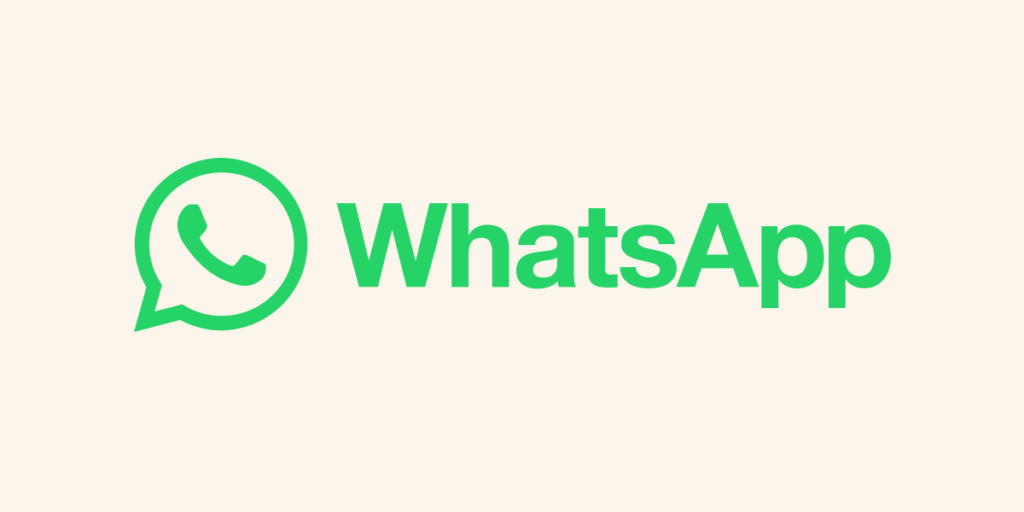WhatsApp is a popular tool used by billions worldwide, often blurring the lines between a messaging app and a social media platform. But actually, is that true – and is Whatsapp Social Media? This analysis seeks to explore where WhatsApp fits in the digital landscape, focusing on its features, usage, and how it compares to traditional social media platforms.
Understanding the Core Functions of WhatsApp
WhatsApp functions primarily as a messaging app. It allows users to send messages, make voice and video calls, and ensure secure file sharing of media through end-to-end encryption. The application that allows communication on both mobile devices and desktop versions supports individual chats and group conversations, which makes it versatile for personal and professional communication.

WhatsApp’s Messaging Capabilities
As a popular messaging app, WhatsApp offers instant messaging services, including text messages, voice messaging, and the ability to send video messages. These features underscore its role as a robust platform for day-to-day communication.
How WhatsApp Incorporates Social Media Elements
While WhatsApp is widely recognized for its messaging services, it also integrates features typically found on social media platforms. This crossover begins with its group chats and extends to broadcasting messages and the WhatsApp Status feature.
Use Whatsapp for Group Chats and Broadcast Messages
Group chats in WhatsApp allow users to interact with multiple people at once, similar to the interactions seen on social networking sites. Broadcast messages enable users to send a message to several contacts simultaneously, which is particularly useful for announcements or sharing important updates.
WhatsApp Status: A Nod to Social Networking
The WhatsApp Status feature allows users to share updates that disappear after 24 hours, much like the stories feature on other social media apps. This function reflects a clear influence from social media, providing a platform for users to share fleeting moments of their day.
The Business Side: WhatsApp as a Tool for Social Media Marketing
With the introduction of WhatsApp Business, the app has expanded its utility for companies, becoming a powerful tool for social media marketing. This version allows businesses to create a business profile, interact with customers, and provide customer service in a more structured manner. Additionally, WhatsApp marketing tools help businesses streamline communication and support their overall marketing strategy.
WhatsApp Business and E-commerce Integration
The integration with platforms like Shopify and the use of features like chatbots enhance WhatsApp’s functionality in e-commerce. These tools help businesses manage customer interactions effectively, linking directly to sales and marketing strategies.
WhatsApp and Data Privacy Concerns
Data privacy is a critical issue in digital communication, and WhatsApp has made headlines with its privacy policy updates. The app’s commitment to end-to-end encryption helps safeguard user data, positioning it as a secure messaging platform.
How Privacy Issues Influence User Perception
Privacy concerns can affect how users view and use WhatsApp, especially when comparing it to other social media platforms known for data-sharing controversies. WhatsApp’s approach to privacy is a vital aspect of its identity and user trust.
Is WhatsApp Considered a Social Media Platform in 2023?
Considering all its features and uses, WhatsApp occupies a unique position in the digital ecosystem. It is a messaging platform at its core but incorporates enough social media elements to blur the lines significantly.
The Social Media Debate: Where Does WhatsApp Fit?
WhatsApp facilitates more than just message exchange; it creates communities, supports social interaction, and serves as a marketing platform. While not a traditional social media site, it undoubtedly brings social media functionality into the realm of instant messaging.
Whatsapp Features Breakdown
WhatsApp stands out as one of the primary messaging applications in the world, catering to a wide audience with its multifaceted features. Here’s a closer look at how WhatsApp enriches communication and connects the world:
- Integration with Other Platforms: WhatsApp and Facebook, both owned by Meta, work seamlessly together, enhancing user experiences across both platforms. Users can easily share content from Facebook to WhatsApp, which facilitates greater content circulation and engagement.
- Diverse Communication Tools: WhatsApp offers a variety of communication methods, including:
- Text and chat messages which remain end-to-end encrypted, ensuring privacy.
- Voice and video calls that connect users across the globe without the need for international calling charges.
- The new channels feature, which broadens communication avenues similar to those found on other platforms like Snapchat.
- Innovative Features for Dynamic Interaction:
- WhatsApp groups enable community building and information sharing among groups of users, from family reunions to professional settings.
- The app’s ability to send push notifications makes it a robust tool for real-time information dissemination, such as WhatsApp news alerts.
- Marketing and Business Communication:
- WhatsApp marketing strategies include using WhatsApp Business for direct customer engagement via WhatsApp chat.
- Businesses leverage features like broadcast lists and WhatsApp Status to send marketing messages and updates, enhancing lead generation efforts.
- Evolving with Technological Advances:
- Integration with AI tools like ChatGPT has positioned WhatsApp as a forward-thinking platform that adopts new technologies to improve user interaction.
- Features like document-sharing, and support for sending gifs and media enhance everyday communication for personal and business use.
WhatsApp’s continuous evolution and integration of features from other platforms, like the ability to exchange text messages via a mobile app as easily as with SMS, illustrate its commitment to remaining a leading messaging service globally. With over 1.5 billion active users, WhatsApp connects a seventh of the world’s population, making it an indispensable tool in today’s digital age.
So, is Whatsapp Social Media?
Dr. Emily Clarkson, a leading expert in digital communication technologies, shared her insights on the expansive role of WhatsApp in today’s mobile messaging landscape:
“WhatsApp has remarkably integrated various features that cater to over a billion users worldwide, securing its position as the leading messaging app in the world. What’s fascinating is how WhatsApp also incorporates capabilities typically seen in platforms like Facebook Messenger and iMessage, facilitating a seamless experience that rivals direct SMS systems.”
Dr. Clarkson further emphasized the technical advances, stating, “WhatsApp makes secure communication accessible through features that allow video and voice calls, which are encrypted end-to-end. This level of security is pivotal in today’s digital age where privacy concerns are at the forefront of user priorities.”
She highlighted the strategic moves by Meta Platforms, formerly Facebook, which acquired WhatsApp for $19 billion in cash, reflecting the app’s monumental value and impact. “The acquisition made it possible for WhatsApp to integrate deeper with social systems like Facebook, enhancing how users exchange messages and share content.”
Moreover, Dr. Clarkson noted, “Including WhatsApp, mobile messaging platforms like WeChat have transformed how we connect globally. With free messaging, the feature that allows users to engage without incurring SMS costs, and the addition of messaging tools like two-step verification, WhatsApp continues to set benchmarks for what mobile apps can achieve on a smartphone.”
In conclusion, she remarked, “Using the app goes beyond simple messaging; WhatsApp has evolved to include a comprehensive suite of features that support both personal and professional communication, making it as versatile as platforms like Facebook but with the focused functionality of specialized mobile messaging services.”
Conclusion: A Hybrid Platform Bridging Communication Gaps
WhatsApp transcends simple categorization. By merging features of both messaging apps and social media networks, it stands out as a hybrid platform. It enhances how people connect, interact, and conduct business, making it a pivotal player in both personal communication and professional domains. Whether or not one considers WhatsApp as social media, it undoubtedly plays a significant role in the digital communication landscape, bringing users and communities together in a dynamic, secure environment.







